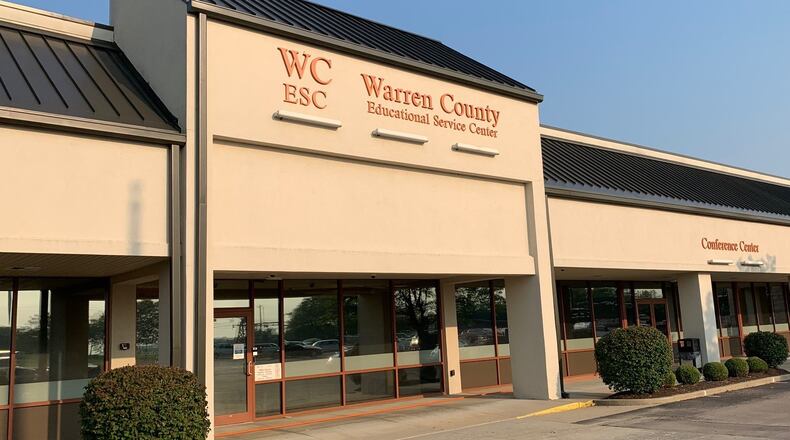After a second investigation ended in December, Ohio DEW ordered the Warren County ESC to provide updated professional development for staff and to work with the state agency and parents to make sure special education students had appropriate individualized education programs (IEPs) and were progressing at the correct rate.
A January 2024 letter from DEW cited problems including that some of the students hadn’t progressed on the Ohio Standardized Tests (OSTs) and many had scored in the “limited” range, which is the lowest level.
Warren County ESC sued the Ohio Department of Education and Workforce in February, saying the state does not have the legal authority to order these changes, and even if they did, DEW never allowed mediation or for the district to work with them to solve the problem.
“It is most important to know that 100% of students placed into every program operated by the Warren County ESC are placed with the express written permission of parents, and the staff of Warren County ESC are in full compliance with every student’s individual education plan,” said Tom Isaacs, Warren County ESC superintendent. “The ODE/DEW staff should never be involved in overriding the decisions and wishes of parents in the IEP team process, which is exactly what happened in this matter.”
DEW declined to comment, citing ongoing legal actions. On Wednesday, DEW filed a motion to dismiss the ESC’s complaint in Warren County Common Pleas Court, saying the court doesn’t have jurisdiction over the matter and even if it did, the case doesn’t have merit.
Isaacs said the Warren County ESC plans to file a complaint with the U.S. Department of Education against both Disability Rights Ohio and DEW, based on what he said was false information DRO filed with the then-Ohio Department of Education, and the lack of due process granted to Warren County ESC while the investigation was conducted.
“The heart of this case is our contention that parents know what is best for their children, and bureaucrats in Columbus should not interfere with these parents’ choices, especially in the case of students with special learning needs,” Isaacs said.
“WCESC had the discretion on whether to submit a proposal to DEW during the investigation stage and it chose not to do so,” the filing reads in part. “Additionally any mediation would have been voluntary and would have occurred between the parent(s) or organization who filed the complaint and the public agency, not the (DEW).”
But Disability Rights Ohio contends that DEW never should have stopped the fixes that were originally ordered. Specifically, DRO wants the Warren County ESC to give the students who qualify compensatory education — making up for education hours the group says the students lost.
Kristin Hildebrant, DRO senior attorney and special education team leader, said DRO learned in mid-2023 that students weren’t getting the ordered remedies because DEW was doing a separate investigation. DRO is upset that DEW paused the corrective actions in mid-2023 to redo the investigation.
DRO has filed a request for due process, asking DEW to restore the original corrective action plans and review the rest of the students not included in the original sample to see if they qualify for compensatory education.
“We do not take lightly our decision to file due process, but we do not condone ODEW’s handling of the situation and working behind closed doors to halt and reconsider the recommendation the agency itself endorsed,” said DRO Executive Director Kerstin Sjoberg. “We want to continue to ensure that students with disabilities receive the best possible educational opportunities, and that Ohio complies with those laws designed to give students an appropriate education in the least restrictive setting.”
About the Author

